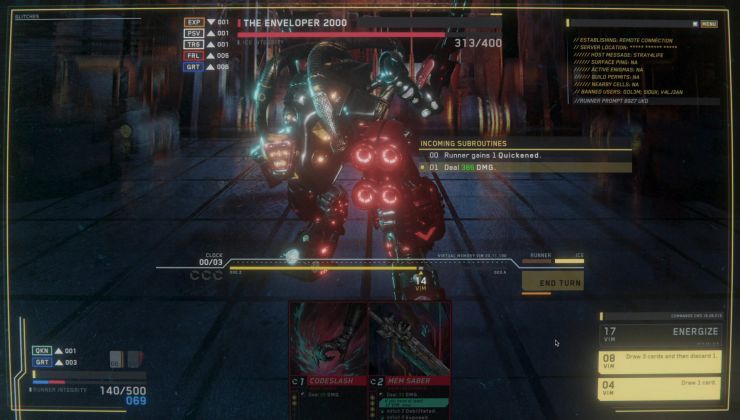Some interesting Linux industry news for you here, as the long road towards Wayland by default everywhere is taking another big step with Red Hat Enterprise Linux (RHEL) removing the Xorg server and other X servers (except Xwayland) from RHEL 10 and the following releases.
From their announcement by developer Carlos Soriano Sanchez posted November 27th:
We want to recognize the significant effort all these organizations and individuals have made, especially the rest of the upstream community, without whom this project would never be so mature. This effort gave us the confidence to first make Wayland default for most use cases in RHEL 8, followed up with the deprecating of Xorg server in RHEL 9, with the intention of its removal in a future release. Earlier this year (2023), as part of our RHEL 10 planning, we made a study to understand Wayland’s status, not only from an infrastructure perspective, but also from an ecosystem perspective. The result of this evaluation is that, while there are still some gaps and applications that need some level of adaptation, we believe the Wayland infrastructure and ecosystem are in good shape, and that we’re on a good path for the identified blockers to be resolved by the time RHEL 10 is out, planned to be released on the first half of 2025.
With this, we’ve decided to remove Xorg server and other X servers (except Xwayland) from RHEL 10 and the following releases. Xwayland should be able to handle most X11 clients that won’t immediately be ported to Wayland, and if needed, our customers will be able to stay on RHEL 9 for its full life cycle while resolving the specifics needed for transitioning to a Wayland ecosystem. It’s important to note that “Xorg Server” and “X11” are not synonymous, X11 is a protocol that will continue to be supported through Xwayland, while the Xorg Server is one of the implementations of the X11 protocol.
Red Hat and their engineers have their fingers in many pies across the Linux space, so this is a pretty big move, and one they say will enable them to "tackle problems such as HDR, increased security, setups with mixed low and high density displays or very high density displays, better GPU/Display hot-plugging, better gestures and scrolling, and so on" — which of course will end up benefiting everyone because that's how open source works.
Have you fully switched over to Wayland yet?
Quoting: 14RHEL distributions have got to be 95% headless (complete guess), so how big is this particular Wayland announcement anyway?
Red Hat is a major driving force behind Xorg maintainance. By announcing that Xorg will be dropped in RHEL 10. Red Hat also signals that they won't work on it anymore when RHEL 9 reaches EOL. When that happens, Xorg is pretty much abandonware.





See more from me